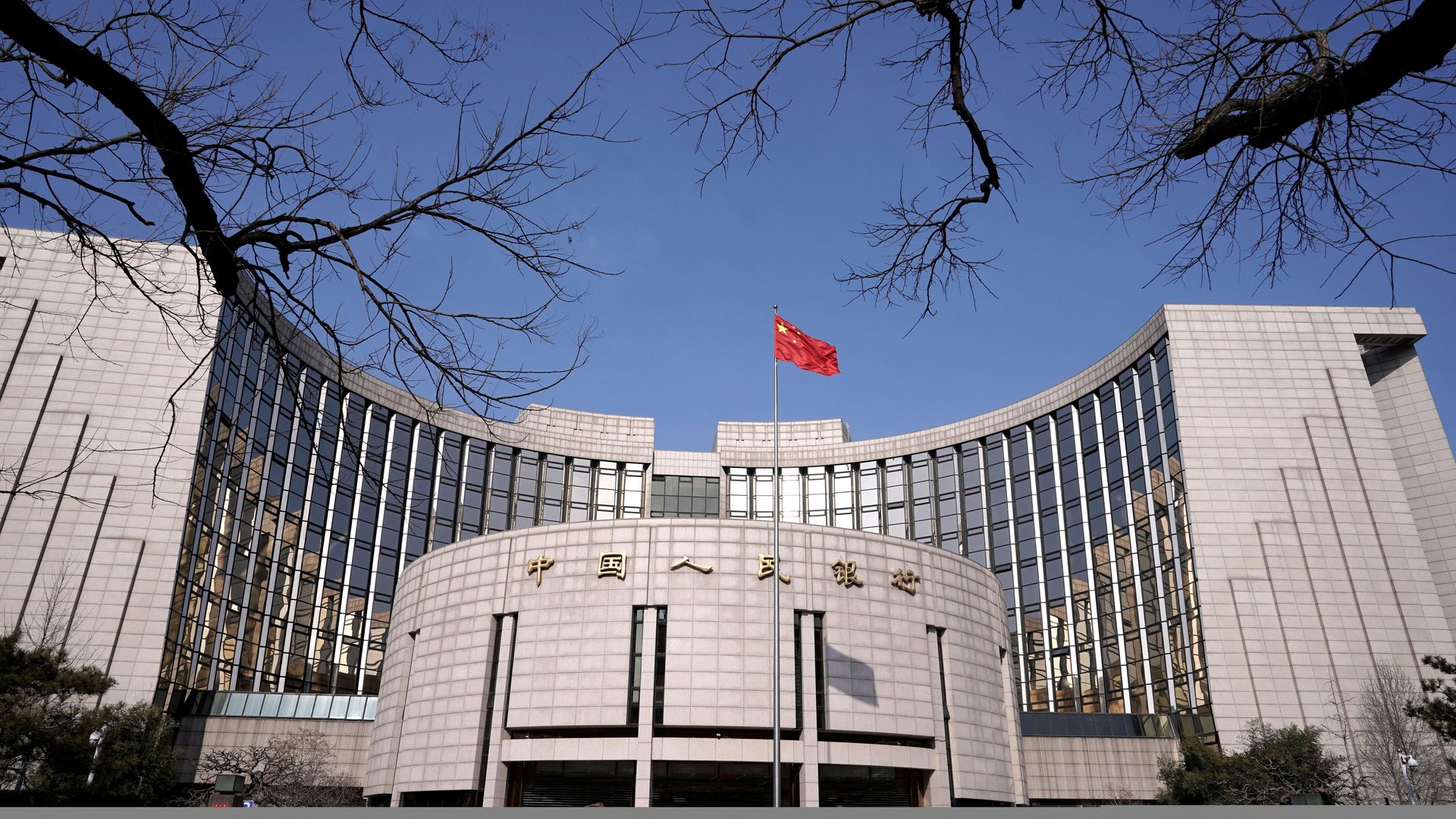China is trying to lend itself out of a recession
The communist party is reticent to deliver stimulus to Chinese households, which could redistribute wealth and make the government less powerful.

Although not yet in an official recession, China’s economy is in trouble. The country’s real estate sector is in crisis and makes up an outsized share of the country’s gross domestic product (GDP). Not only did China build too much housing, but Chinese consumers are saddled with large amounts of mortgage debt that they initially took out assuming that the real estate sector wouldn’t stop growing.
Suggested Reading
If China was able to elect a new government, it would have more control over policies that favor real estate, and could instead increase consumption in other areas with more exciting productivity prospects, such as healthcare.
Related Content
Instead, China seems stuck with Xi Jinping’s view that avoiding fiscal stimulus will break the country’s habit of investing in real estate. Redistributing wealth in China would also threaten the Chinese Communist Party’s position, as it would empower more Chinese people, potentially leading to more social unrest.
This approach stands in direct contrast with the way the US tackled the economic fallout from the pandemic by giving money to Americans, which helped poor people and the unemployed the most. The simple act of cash transfers to Chinese investors would allow consumption to play a bigger role in China’s GDP versus investment, wrote GZERO’s Ian Bremmer.
So instead of spending its way out of a recession, China aims to lend itself out of a potential future recession. The People’s Bank of China, the country’s central bank, cut interest rates earlier this summer. In its most recent move, it cut reserve requirements for banks which may encourage banks to lend more.
This will free up 500 billion yuan (around $68.7 billion) of liquidity for the Chinese economy, but it’s unlikely to spur more borrowing while demand for new loans is weak, Bespoke Investment Group analysts predicted in a research note.
Can China skirt a recession?
Economists at Bank of America are predicting that Chinese economic policymakers are only getting started in addressing the country’s economic woes and will ramp up more heavily in September and October.
The biggest Chinese cities changed the definition of a first-time home buyer, which is allowing some Chinese consumers to obtain lower interest rates on their mortgage debt. Cities and state-controlled banks have also used a variety of other property easing measures: reducing down payment ratios, removing home purchase restrictions, getting rid of developer pricing controls, and issuing special-purpose bonds for urban renewal.
In capital markets, China has halved the taxes it places on transferring assets and loosened the cap on leveraged margin financing, which traders use to trade with borrowed money.
The central government is also considering a bailout of the local government financing vehicles (LGFV) that supported China’s infrastructure buildout, according to media reports. This could mean special purpose refinancing bonds are issued in the range of $1 trillion and $1.5 trillion to subsume the debt of local governments.
The downturns in the Chinese economy could still force policymakers’ hands, and allow the government to ease monetary policy, increase housing support, and deliver fiscal stimulus aimed at consumption, the Bank of America economists noted.
